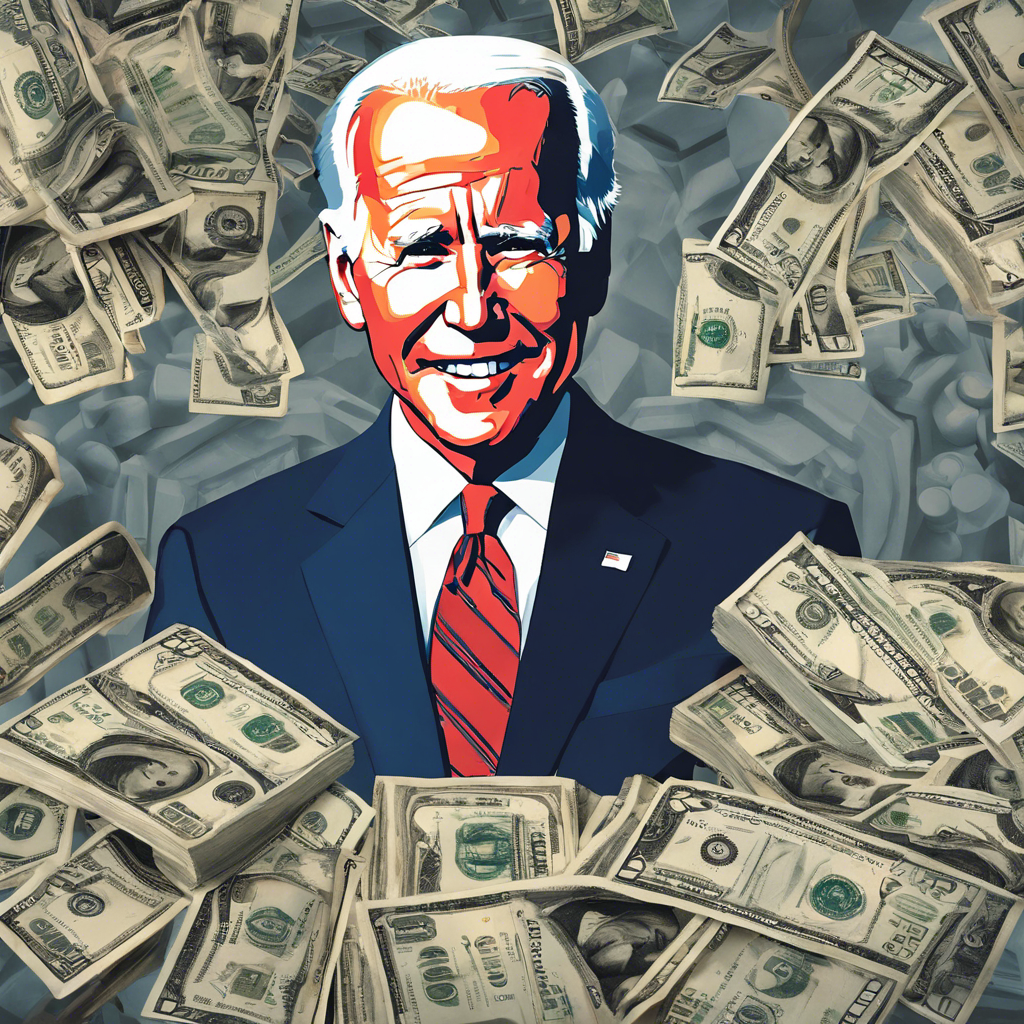GOAT: Exploring the Greatest Economist of All Time and Why it Matters

Tyler Cowen’s groundbreaking book delves into the history of economic thought to identify the greatest economist and its significance in today’s world.
In a world where economic principles shape our daily lives, it is essential to understand the minds behind these theories. Tyler Cowen, renowned economist and author, has taken on the monumental task of identifying the greatest economist of all time in his latest book, GOAT: Who is the Greatest Economist of all Time, and Why Does it Matter? Cowen’s book offers a captivating exploration of the history of economic thought, providing readers with a comprehensive understanding of the individuals who have shaped our understanding of the world’s economies. In this article, we will delve into the key insights and criteria Cowen uses to determine the greatest economist, as well as the relevance of this pursuit in today’s society.
The Genesis of GOAT
Cowen’s journey to write GOAT began during the pandemic, when he sought a project that would engage him intellectually and allow him to work with the resources at hand. Inspired by books like Heilbroner’s The Worldly Economists and Bill Simmons’ Book of Basketball, Cowen set out to write a book that would teach people how to appreciate economists and their contributions. The pandemic also provided him with the opportunity to focus on a subject that would never go obsolete – the history of economic thought.
The Criteria for the Greatest Economist
To determine the greatest economist of all time, Cowen establishes a set of criteria that encompass breadth and depth of knowledge, historical importance, accuracy in their theories, and contributions to both micro and macroeconomics. The economist must have also made significant contributions to theory and empirical work. Cowen sets out to identify individuals who meet these criteria and ultimately selects six finalists and five semi-finalists.
Marx’s Absence and the Importance of Being Right
One notable omission from Cowen’s list of finalists is Karl Marx, whom many consider one of the greatest economists. Cowen argues that Marx fails to meet the criterion of being right about too many things. While acknowledging Marx’s influence, Cowen believes his theories on issues like price controls and central planning are fundamentally flawed compared to economists like Adam Smith, who had a more dynamic understanding of capitalism and imperialism.
The Finalists: Friedman, Keynes, Hayek, Malthus, Mill, and Smith
Cowen’s six finalists for the title of the greatest economist of all time are Milton Friedman, John Maynard Keynes, F.A. Hayek, Thomas Malthus, John Stuart Mill, and Adam Smith. Each economist represents a different era and brings unique contributions to the field of economics. Cowen explores their theories, personal lives, and the lasting impact they have had on economic thought.
Samuelson’s Influence and Limitations
While Paul Samuelson did not make the final cut, Cowen acknowledges his significant contributions to the field. Samuelson’s work on random walk in securities prices and overlapping generations model are considered some of the best articles ever written in economics. However, Cowen criticizes Samuelson for his views on Soviet economic growth and wage and price controls, which he believes to be fundamentally flawed. Additionally, Cowen notes that Samuelson’s reputation suffered due to his treatment of other economists.
The Fleeting Nature of Fame
Cowen acknowledges the fleeting nature of fame and the possibility that even the semifinalists may not be remembered in the future. He highlights the enduring relevance of the finalists, particularly Adam Smith, whose ideas on capitalism continue to shape economic discourse. Cowen also predicts that the influence of economists like Gary Becker and Kenneth Arrow may diminish over time.
Conclusion:
Tyler Cowen’s GOAT offers a thought-provoking exploration of the greatest economist of all time and the importance of understanding the history of economic thought. By examining the contributions and legacies of economists throughout history, Cowen provides readers with a deeper appreciation for the field and its impact on society. While the debate over the greatest economist may continue, the insights and criteria presented in GOAT shed light on the individuals who have shaped our understanding of economics and continue to influence our world today.










